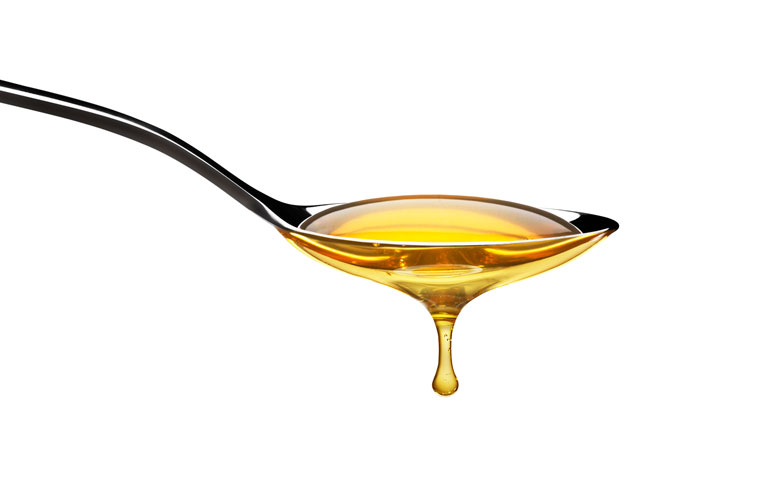According to the results of a new meta-analysis by a team from Oxford University, honey is superior to usual care for the improvement of symptoms related to an upper respiratory tract infection (URTI).
For this new analysis, the researchers identified 14 randomised studies including patients of any age and compared honey with usual care and undertook subgroup analyses where there were differences in the type of usual care. The results were expressed in terms of either the standardised mean differences (SMD) to account for differences in the way in which the same outcome was measured or simply the mean difference (MD).
Compared with usual care, honey improved combined symptom score (MD –3.96, 95% CI –5.42 to –2.51), cough frequency (SMD –0.36 95% CI –0.50 to –0.21) and cough severity (SMD –0.44; 95% CI –0.64 to –0.25). In contrast, subgroup analysis revealed that honey was no more effective than dextromethorphan for combined symptoms but better than diphenhydramine.
An important limitation of the analysis was the variable risk of bias and the broad nature of the interventions measured in studies making an independent evaluation of honey difficult in some of the trials.
Nevertheless, the authors concluded that where clinicians wished to prescribe treatment for an URTI, honey should be considered as a first-line option.
Reference
Abuelgasim H, Albury C, Lee J. Effectiveness of honey for symptomatic relief in upper respiratory tract infections: a systematic review and meta-analysis BMJ Evidence-Based Medicine; 18 August 2020: doi: 10.1136/bmjebm-2020-111336










